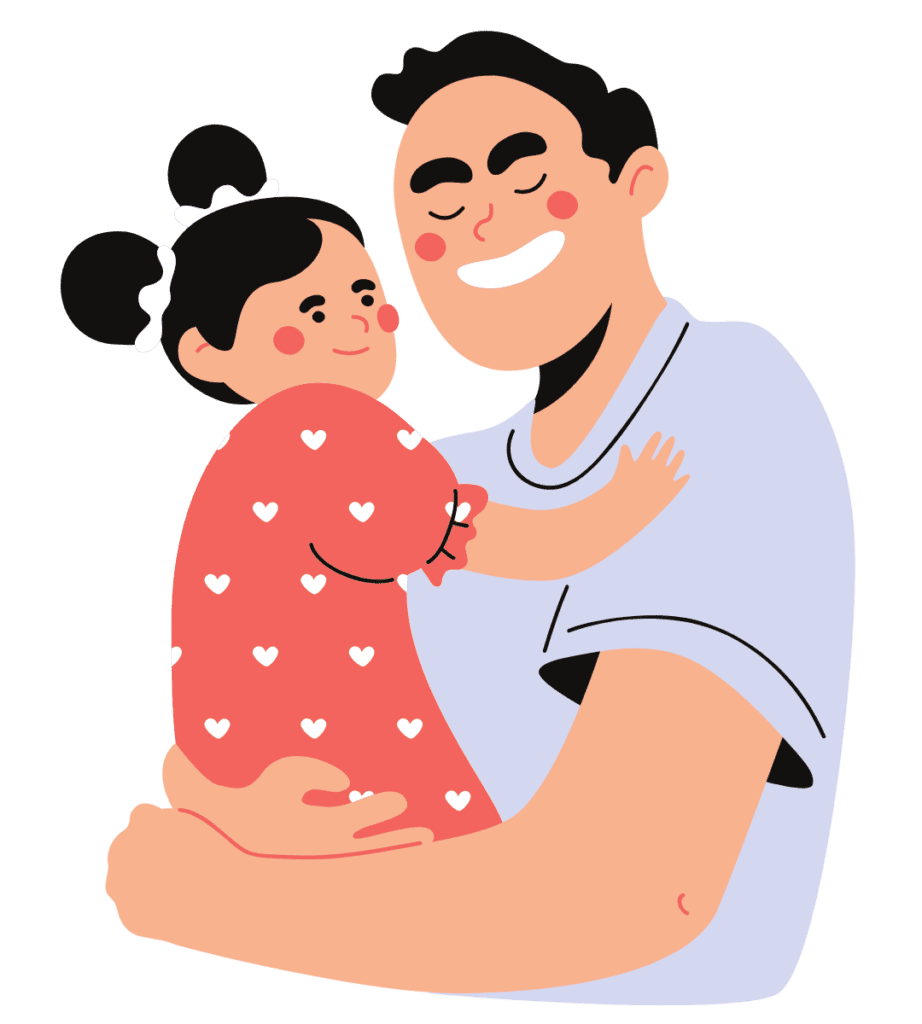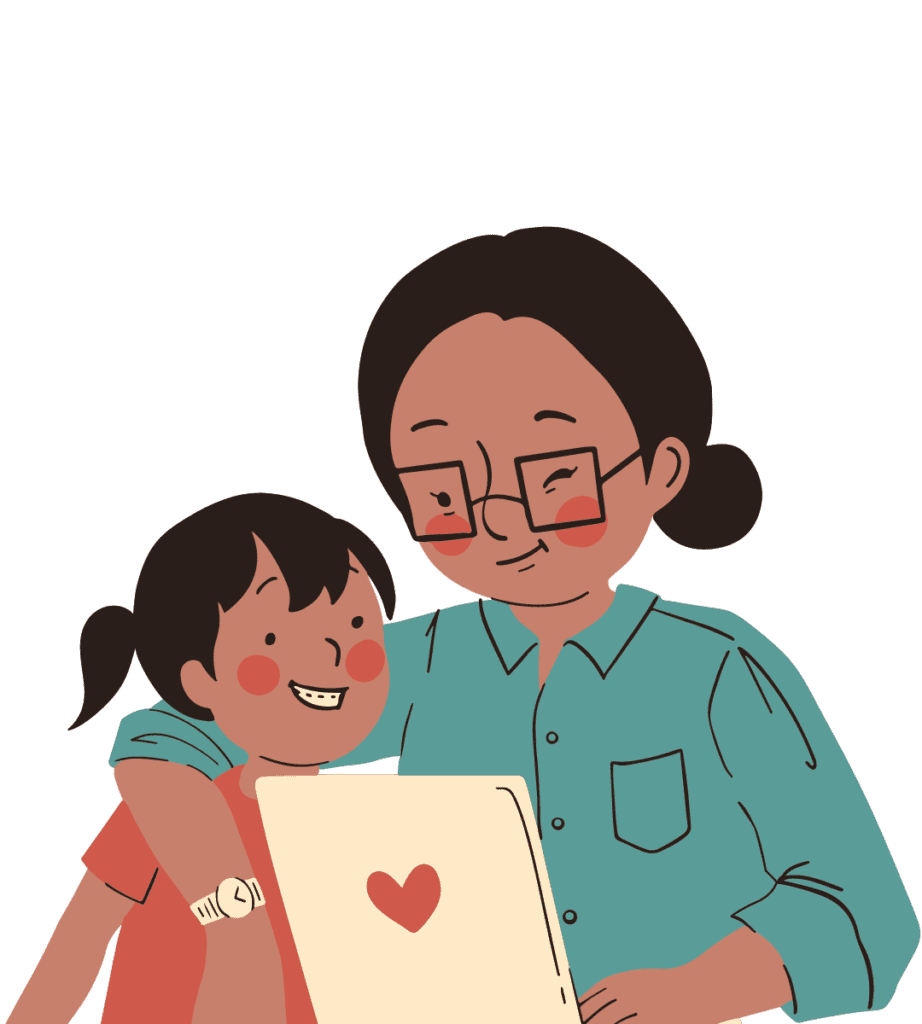
Divorce impacts children.
A child’s brain is not fully developed until their 20s (“teen brain: 7 things to know,” 2020). Because of this, there is no way for children to maturely comprehend what is happening before, during, & after divorce.
The damage of divorce can harm children into adulthood.
Parents and caregivers must understand the impact of adverse childhood experiences (ACEs), including divorce & high-conflict co-parenting. ACEs are traumatic experiences children have as they are growing up. Experiencing the divorce of parents is included in the list of ACEs.
The list of ACEs is long. ACEs are difficult situations children can find themselves in. A few ACEs are divorced parents, physical abuse, verbal abuse, sexual abuse, physical neglect, and emotional neglect (“Adverse childhood experiences (ACEs),” 2022).
Divorce is included in the ACEs list because divorce can be traumatizing. Long-lasting high-conflict divorces can have an even more profound negative impact on children.
If you are going through a divorce or are involved in a high-conflict divorce, there is good news – your family’s story doesn’t have to stop with the negativity of ACEs. As parents & caregivers, you can lessen the damage of ACEs. Being supportive, loving, and present with children who have experienced ACEs benefit the child even when they become adults (PACEs Connection, 2022).
Hale Strategies provides programs that support parents and caregivers. We aim to strengthen your ability to create a secure and positive relationship between you and the child/children in your care.
Contact us for a free consultation – no commitment is necessary. We are ready to help you with strategies to overcome conflict.
Don't let your divorce negatively affect your children.

A parent coordinator will equip you with the tools to help you alleviate the pain that divorce can inflict on your loved ones. If conflict is common in your household, take a moment to schedule your free consultation with us today. We’re here to help you and your family come out of this with a more stable & healthy future.
References:
1. Adverse childhood experiences (ACEs). (2022, June 6). Centers for Disease Control and Prevention. https://www.cdc.gov/violenceprevention/aces/index.html
2. PACEs Connection. (2022). ACEs Too High News. https://acestoohigh.com/
3. The teen brain: 7 things to know. (2020). National Institute of Mental Health (NIMH). https://www.nimh.nih.gov/health/publications/the-teen-brain-7-things-to-know


